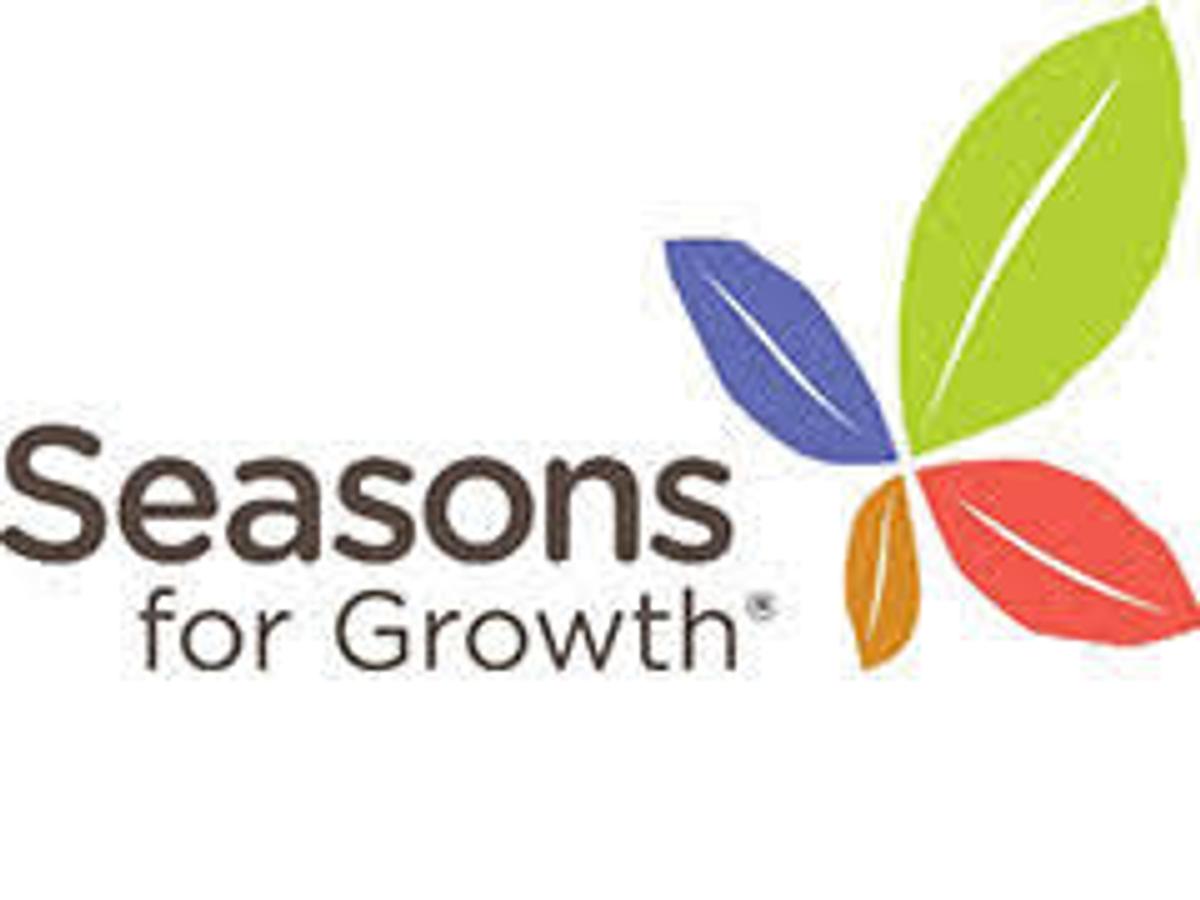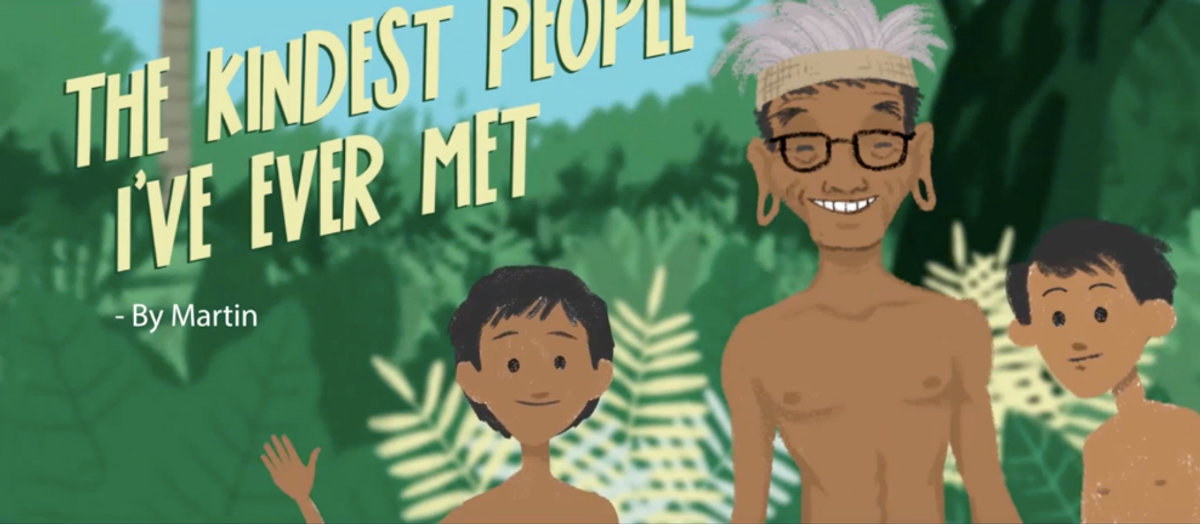Wellbeing

Twilight Market
I am excited to announce that preparations have begun for our SFS Twilight Market in 2021. After Covid restrictions last year we are looking forward to having our market again this year.
The market is going to be on Thursday 4th November from 5pm until 8pm.
If you are interested in having a market stall, please see the flier in the newsletter for more details or contact me on rlenko@sfslynbrook.catholic.edu.au. The cost of the stall is 20 dollars with money raised going towards our community garden. We hope this year it will be bigger and better than ever.
BeYou
BeYou is a resource for educators that promotes the mental health of all members of the school community, students, parents and teachers. This week fact sheet from the BeYou website is about healthy families. For more information visit www.beyou.edu.au
Healthy families
What do these look like?
In healthy family relationships, people trust and rely on each other for support, love, affection and warmth. Families often share common goals and work together to reach those goals (for example, children and young people may help their families get the dinner dishes done so that everyone can relax).
Family members feel safe and connected to one another. Sometimes these relationships involve conflict, which is a normal part of family life. Conflict can occur between adults, children and young people. In healthy relationships, these conflicts are dealt with in a safe and respectful way.
Healthy family relationships mean that positive interactions outnumber the difficult times. Adults experiencing difficult life situations can provide learning opportunities in teaching and modelling coping strategies – children and young people shouldn’t be burdened with stress, but it’s helpful for them to see families successfully managing it with positive coping strategies.
The key qualities of a strong family unit identified by Australians in the Family Strengths Research Project were:
- communication – listening to each other and communicating with openness and honesty
- togetherness – sharing similar values and beliefs that create a sense of belonging and bonding
- sharing activities – spending time together doing things they enjoy (for example, sports, reading, camping or playing games)
- affection – showing affection and care regularly through words, hugs, kisses and thoughtfulness
- support – offering and asking for support, with family members knowing they will receive help, encouragement and reassurance from one another
- acceptance – understanding, respecting and appreciating each family member’s unique qualities
- commitment – seeing family wellbeing as a first priority and acting accordingly with commitment and loyalty
- resilience – being able to tolerate difficulties and adapt to changing situations in positive ways.
The biggest challenges in family relationships were highlighted as communication breakdown, parenting issues and difficult relationship dynamics.
Risk factors in families
There are many reasons why some individuals are more vulnerable than others to developing behavioural difficulties and mental health issues. Risk factors for children and young people are things that increase the likelihood of mental health issues developing.
Risk factors within the family include:
- family conflict, instability or separation
- lack of involvement with children and young people, or inconsistent parenting
- family violence, child abuse or neglect
- mental health issues or substance abuse
- a serious illness or disability
- financial difficulties.
Protective factors in families
Protective factors decrease the chance of an individual experiencing mental health issues. These are related to good outcomes for children and young people, and serve to protect them if they’re exposed to risk.
Protective factors within the family include:
- strong and stable family relationships – for example, consistent, caring relationships
- supportive parenting – for example, being available to listen to and talk with children and young people
- strong family values for example, a shared understanding of how to treat others
- consistency in routines and limits – for example, responding the same way to children or young people’s behaviour.
Seasons for Growth
Seasons for Growth is an 8 week program to help young people deal with experiences of loss or change that they may experience through separation or divorce of their parents, death of a loved one or pet and also experiences of change that they may struggle with (e.g. moving house, changing schools, medical diagnosis etc). If you think that your child would benefit from this program please speak to your child’s class teacher or contact me at the school rlenko@sfslynbrook.catholic.edu.au I am a trained and accredited Seasons for Growth companion through Mackillop Family Services.
The Resilience Project
The Resilience Project delivers emotionally engaging programs and provides evidence-based, practical strategies to build resilience.
This term we are focusing on the key concept of Empathy.
Empathy is the ability to understand another person’s thoughts and feelings from their perspective. Closely linked with kindness, empathy is about actively looking for opportunities to be there for other people.
View Part 3: Empathy of the series here: https://theresilienceproject.com.au/parent-and-carer-hub/
Here’s an activity to practise empathy and kindness:
- Reflect on someone in your life who could benefit from an act of kindness today. It could be a friend who would love some affirmation about their work, your pet who deserves an extra treat, or a family member who would love a phone call or text message.
- Make a plan for who you are going to gift an act of kindness to, and what you are going to do.
- If you want to add accountability to your plan, share it with someone else and encourage them to do the same thing.
- Follow up with each other in a few days time, to ask how it went!
M Connect with Wellsprings for Women
We are finally now able to have parents in our school grounds. It was so lovely to see this on the last day of school for Cross Country. We would like to run a parent garden group to learn about having a sustainable garden. We are wanting parents to come in and plant and grow things in the community garden at school, learn more about gardening and share produce with their family. If this is something you are interested in being a part of whether you have lots of knowledge to share with others or are a complete beginner like me, but would like to know more about gardening. Please contact me at the school rlenko@sfslynbrook.catholic.edu.au
If you have any concerns about the wellbeing of your child, please do not hesitate to contact me.
Rachel Lenko
rlenko@sfslynbrook.catholic.edu.au
Student Wellbeing Leader



